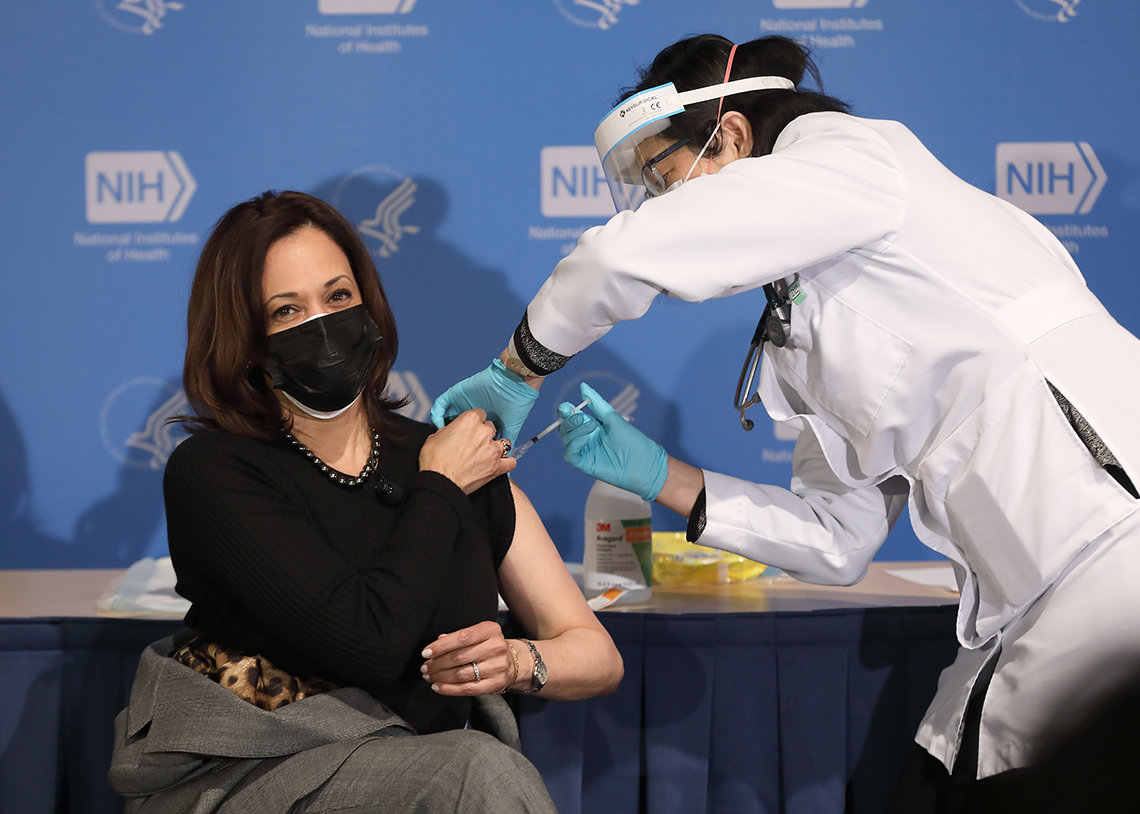Articles
Jo Freeman: There’s Plenty To Do at the RNC – If You Have the Right Credentials
by Jo Freeman
Every national nominating convention has plenty of auxiliary events, some authorized, some not. Getting space can be a challenge; getting the word out even more so. But they do it nonetheless. Press were given a RNC 2024 Master Event Calendar, which was updated a few days later. Events began on Sunday and ended on Thursday. The actual convention sessions were just one item on the list. The calendar said if an event was Open or Closed to press, and also whom to contact to register. I’m going to describe some of the events, including a couple I went to, and a couple I was turned away from.
Since my focus is on women, I obviously wanted to go to those events – if I could.
The National Federation of Republican Women is the largest grassroots Republican women's organization in the country with hundreds of clubs. Founded in 1938, its members made the phone calls and knocked on the doors that elected Republican candidates for decades. It’s Tuesday luncheon featured Arkansas Governor Sarah Sanders. The Master Calendar said it was SOLD OUT and they wouldn’t let me in. I was able to get into their lounge at the Fiserv Forum Wednesday evening, where I was repeatedly asked if I was a member, and if not, would I join. “I’m press,” I said. “I can’t join anything partisan.” I then said: “What brings you here?” On hearing that, finding anyone willing to chat with me was like pulling teeth.
Moms for Liberty met in a concert hall that afternoon. I had pre-registered, and I got in. From high in a balcony seat I listened to several people talk about the evils of transgenderism. It’s webpage says WE BELIEVE Power Belongs to the People. Sound Familiar? With a focus is on parental rights, it wants to “STOP WOKE indoctrination.”
Tuesday I went to “The New Mavericks” reception co-hosted by the Black Republican Mayors Association and the Georgia Republican Party. They honored Sen. Tim Scott, four Congressmen and two Georgia delegates – all male. There was only one mayor on stage, from Aurora, IL. The chair of the Georgia Republican Party was the one white man on the stage. At that event, women served; they didn’t speak. The RNC reported that 55 delegates to the 2024 convention are Black, up from 18 in 2016.
I missed the Independent Women’s Forum toast to “Women Who Make Our Country Great” because I went to Convention Fest: The Official Delegate Experience, which was held in the streets outside the Fiserve Forum and Baird Hall as well as some space inside Baird. To get to that one you not only needed a credential of some sort, but a USSS pass (which I have).
Concerned Women for America parked its pink bus across from the Baird Center the week before the RNC. No one was home. When Convention Fest opened on Tuesday afternoon, they set up a pink tent, from which its leaders preached to whomever passed by. It calls itself “the nation’s largest public policy women’s organization” but its focus is evangelical Christian. The slogan on the side of its pink bus captures this emphasis: “She Prays, She Votes.” A prayer precedes each sermon.
 Friday, August 27, 2021 NIH Launches Study of Extra COVID-19 Vaccine Dose in People with Autoimmune Disease
Friday, August 27, 2021 NIH Launches Study of Extra COVID-19 Vaccine Dose in People with Autoimmune Disease
The National Institutes of Health has begun a clinical trial to assess the antibody response to an extra dose of an authorized or approved COVID-19 vaccine in people with autoimmune disease who did not respond to an original COVID-19 vaccine regimen. The trial also will investigate whether pausing immunosuppressive therapy for autoimmune disease improves the antibody response to an extra dose of a COVID-19 vaccine in this population. The Phase 2 trial is sponsored and funded by the National Institute of Allergy and Infectious Diseases (NIAID), part of NIH, and is being conducted by the NIAID-funded Autoimmunity Centers of Excellence. more »
 Federal Reserve Chairman Jerome Powell: Monetary Policy in the Time of Covid
Federal Reserve Chairman Jerome Powell: Monetary Policy in the Time of Covid
The Path Ahead: Maximum Employment - The outlook for the labor market has brightened considerably in recent months. After faltering last winter, job gains have risen steadily over the course of this year and now average 832,000 over the past three months, of which almost 800,000 have been in services (figure 2). The pace of total hiring is faster than at any time in the recorded data before the pandemic. The levels of job openings and quits are at record highs, and employers report that they cannot fill jobs fast enough to meet returning demand. These favorable conditions for job seekers should help the economy cover the considerable remaining ground to reach maximum employment. The unemployment rate has declined to 5.4 percent, a post-pandemic low, but is still much too high, and the reported rate understates the amount of labor market slack.5 Long-term unemployment remains elevated, and the recovery in labor force participation has lagged well behind the rest of the labor market, as it has in past recoveries. more »
 Population Changes Across the Country Since the 2010 Census: "our nation is growing slower than it used to"
Population Changes Across the Country Since the 2010 Census: "our nation is growing slower than it used to"
The largest county in the United States in 2020 remains Los Angeles County with over 10 million people.
The largest city (incorporated place) in the United States in 2020 remains New York with 8.8 million people.
312 of the 384 U.S. metro areas gained population between 2010 and 2020. The fastest-growing U.S. metro area between the 2010 Census and 2020 Census was The Villages, FL, which grew 39% from about 93,000 people to about 130,000 people. 72 U.S. metro areas lost population from the 2010 Census to the 2020 Census. The U.S. metro areas with the largest percentage declines were Pine Bluff, AR, and Danville, IL, at -12.5 percent and -9.1 percent, respectively. The largest county in the United States in 2020 remains Los Angeles County with over 10 million people. more »
 Julia Sneden Wrote: Old Dogs, New Tricks
Julia Sneden Wrote: Old Dogs, New Tricks
Julia Sneden wrote: At the age of 37, I started a new career as a kindergarten teacher. My first day on the job, the lead teacher, who was in her 70's and scared me every bit as much as she scared the children, watched me writing a note. "You'll have to change the way you hold your pencil," she said. "Excuse me?" I replied, looking down at my hand. "You're using your thumb and middle finger to control the pencil," she said disapprovingly. "You're supposed to hold it between thumb and pointer, with tall-man tucked firmly away. It would be very bad for the children to see a teacher holding her pencil like that." The battle of the pencil grip was bad enough, but the first time she saw me cutting a piece of paper with the blunt-nosed, child sized scissors, she threw up her hands in horror. "What kind of teachers did you have?" she snapped. "Don't you know that you're supposed to put your thumb and middle finger into the handle loops of those scissors, and stretch your pointer finger straight out beside the blades in the direction you want to cut? You have your thumb and pointer in the handles!" more »






